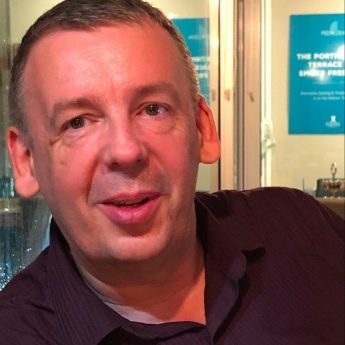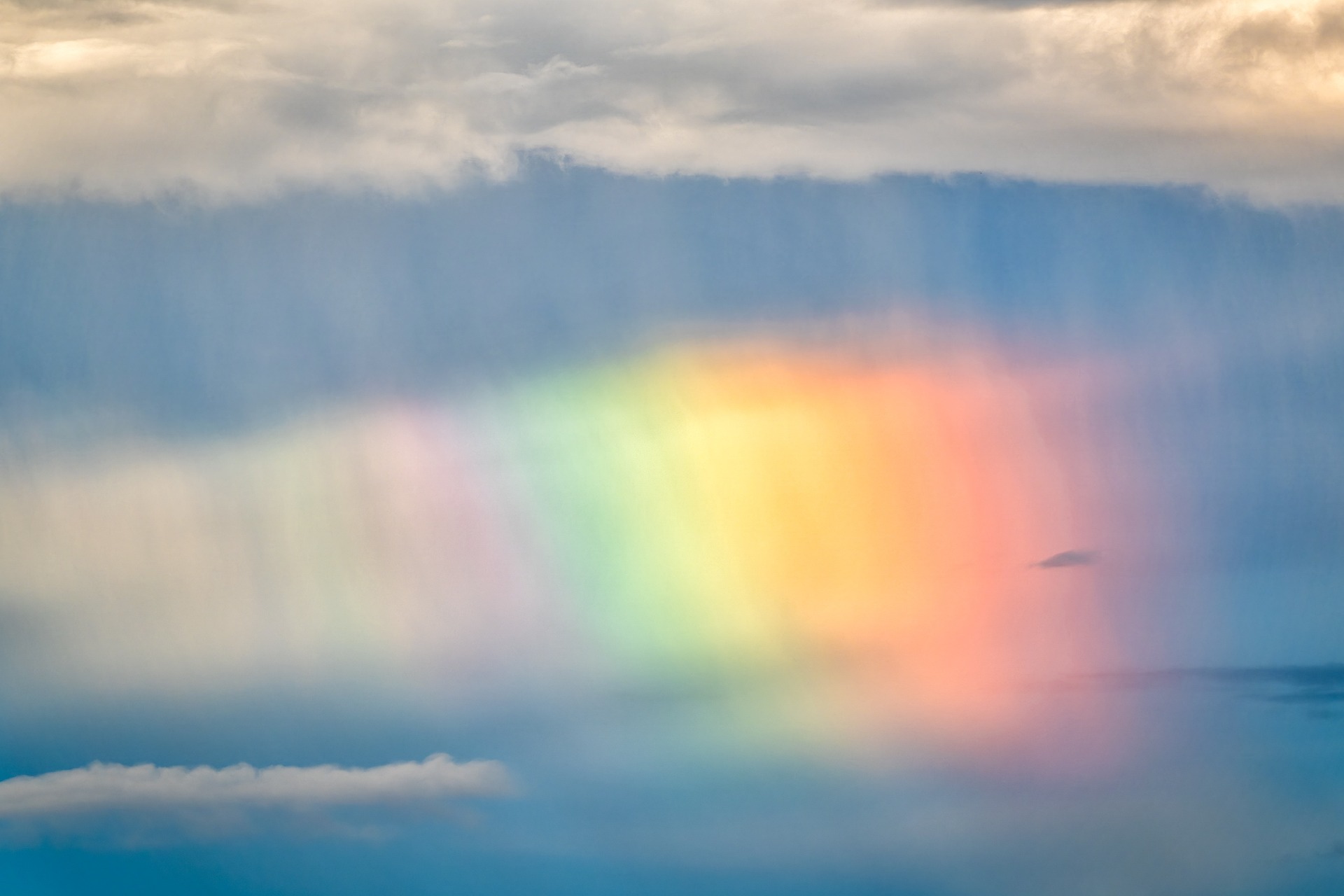My name is James Alison, and I’m a Catholic priest and a theologian, currently resident in Madrid. It’s my great privilege to have been invited by the WCCM and Bonnevaux to give you a series of talks, entitled ‘No more special pleading.’ They’re about openness to LGBT people and their issues as being basic to Christianity.
What’s the purpose of this? Well, I was brought up, as many people were, with the basic assumption that Christianity is one thing. In matters LGBT, and as far as people ever talked about them, they were basically dirty and obviously the sort of thing that Christians, as indeed any decent people would be against. And the result has been, of course, that…

And that has seemed to me to be possibly because of certain moralistic underpinnings to the understanding of what is basic about Christian faith. What I’ve been working out over the last 40 years or so has been recovering a quite different paradigm to understand basic Christianity, which I hope you will see is actually strangely much more conservative, old fashioned, and in tune with the biblical narrative, the ones we’re normally given. And how understanding it in this light (matters LGBT) can be seen to be a completely organic outflowing of what Christianity is all about, and that’s really what I intend to do during this course:

And we say, oh yeah, I can see this is what Christianity is about.
So the sessions are going to be 4. In the first one, I’ll just be looking at the question of what basic Christianity is and how we recover it. The second session, I’ll be looking at particularly issues to do with creation and how we approach reality, which has been much more of a hotspot than we usually think, with a relation to understanding basic Christianity and how it leads us to a certain kind of truthfulness with regards to ‘what is’. This is particularly sensitive now because of so much Christianity being associated with frankly conspiratorial versions of reality and the constant self-victimizing approach to being a defensive huddle over against the wicked world. This is to take us out of that as part of the basic understanding of what Christian faith is all about.
In the third session, I will be looking at what matters’ LGBT are like and how it is that we’ve come to understand the people we now talk about in those ways, in that way, where this has come from historically. And what the process of learning has been, which is tremendously important. The notion that, well, before we didn’t talk about these things, but now we do talk about them, but we’ve basically known what they were about all along. It’s not true. So actually the process of discovery and learning something real about real people is very much part of this adventure.
And then in the final session, I’ll be looking at a couple of the, probably no more than a couple of the clobber texts, the biblical texts that are usually used to hit Christian people, gay and lesbian people over the head. To show how basically they have nothing whatever to do with homosexuality. They’re really quite interesting, but they have nothing whatever to do with homosexuality.
Anyhow, I hope you will enjoy this course and thank you for being with me.





